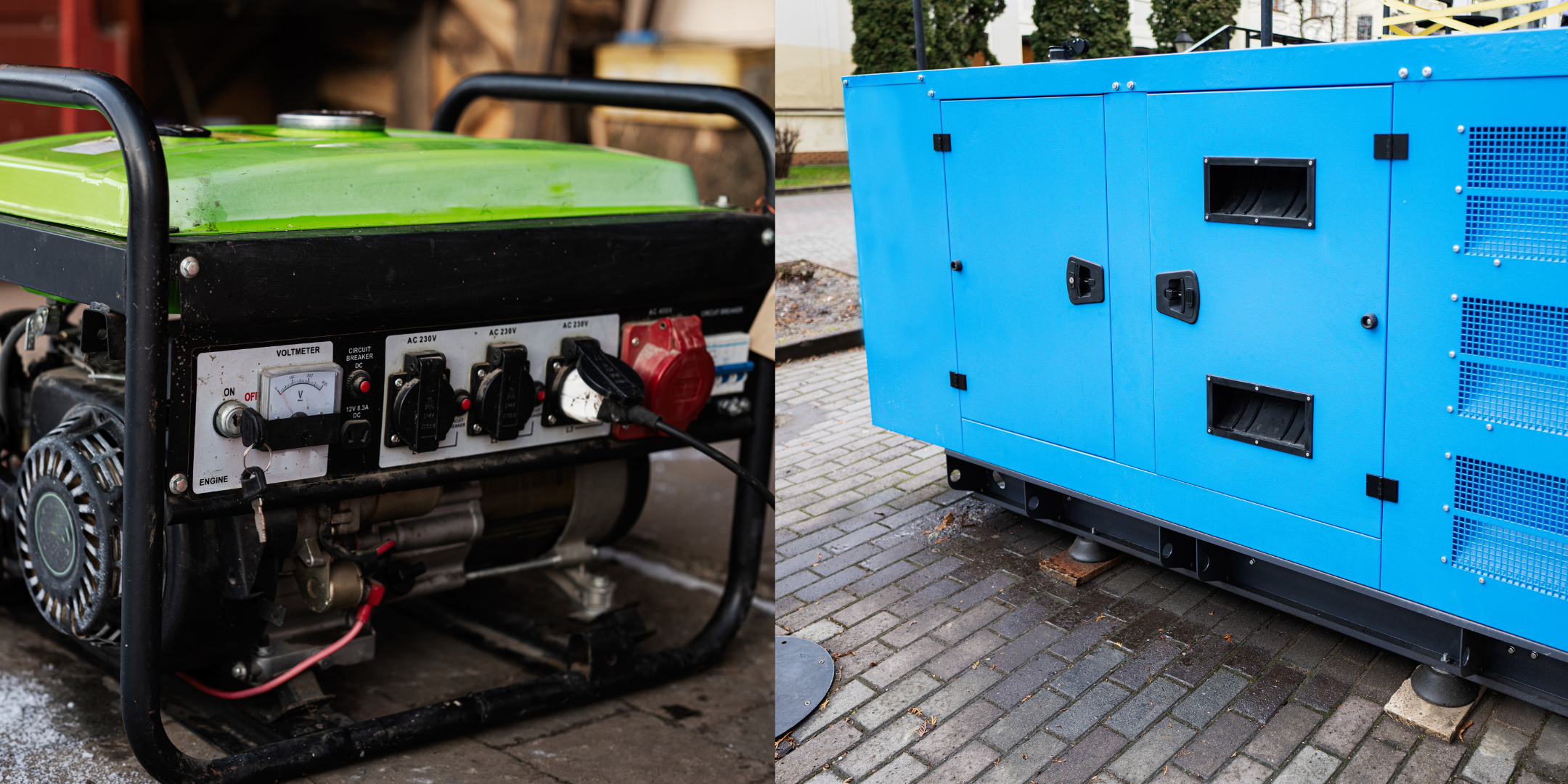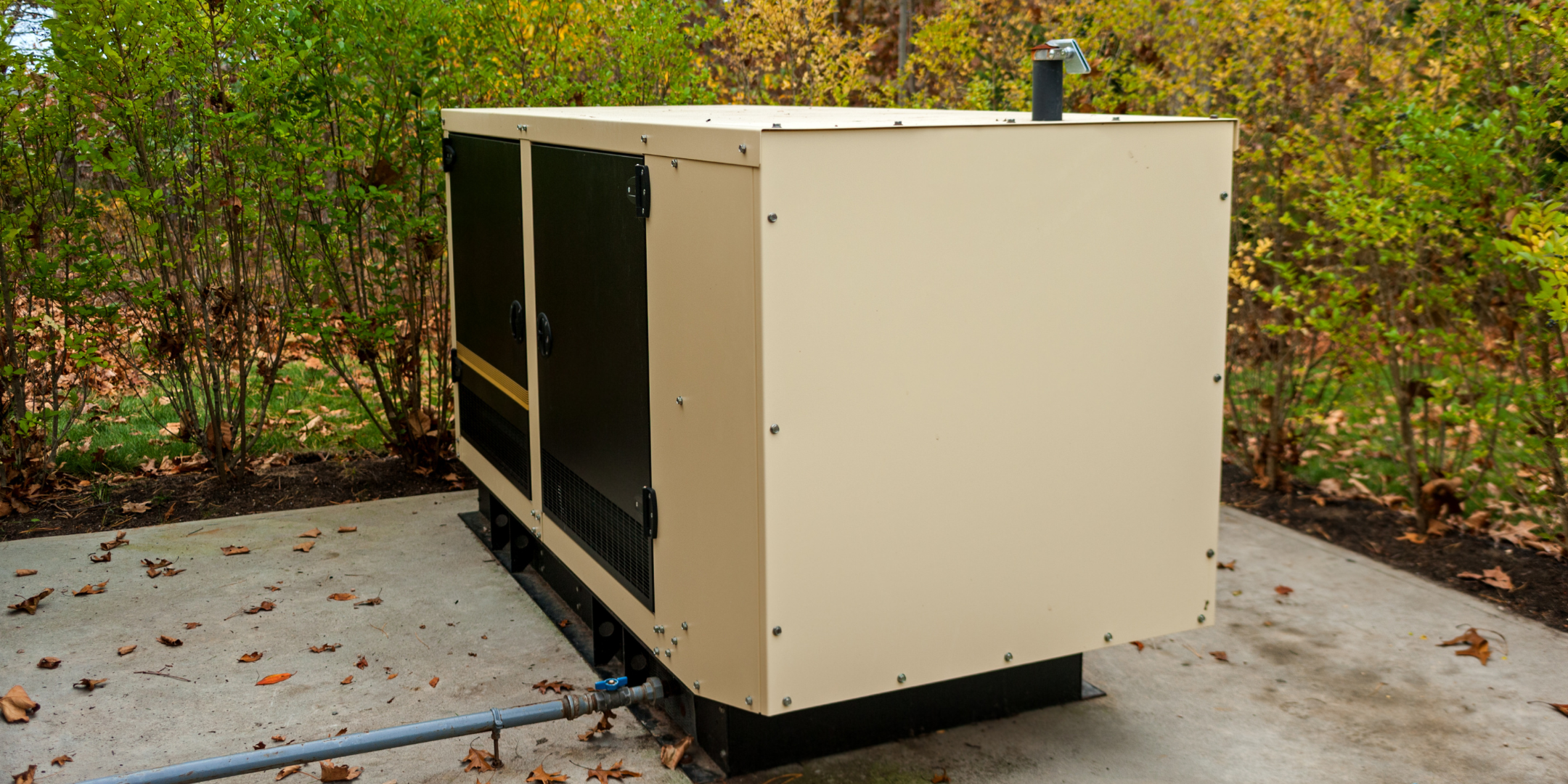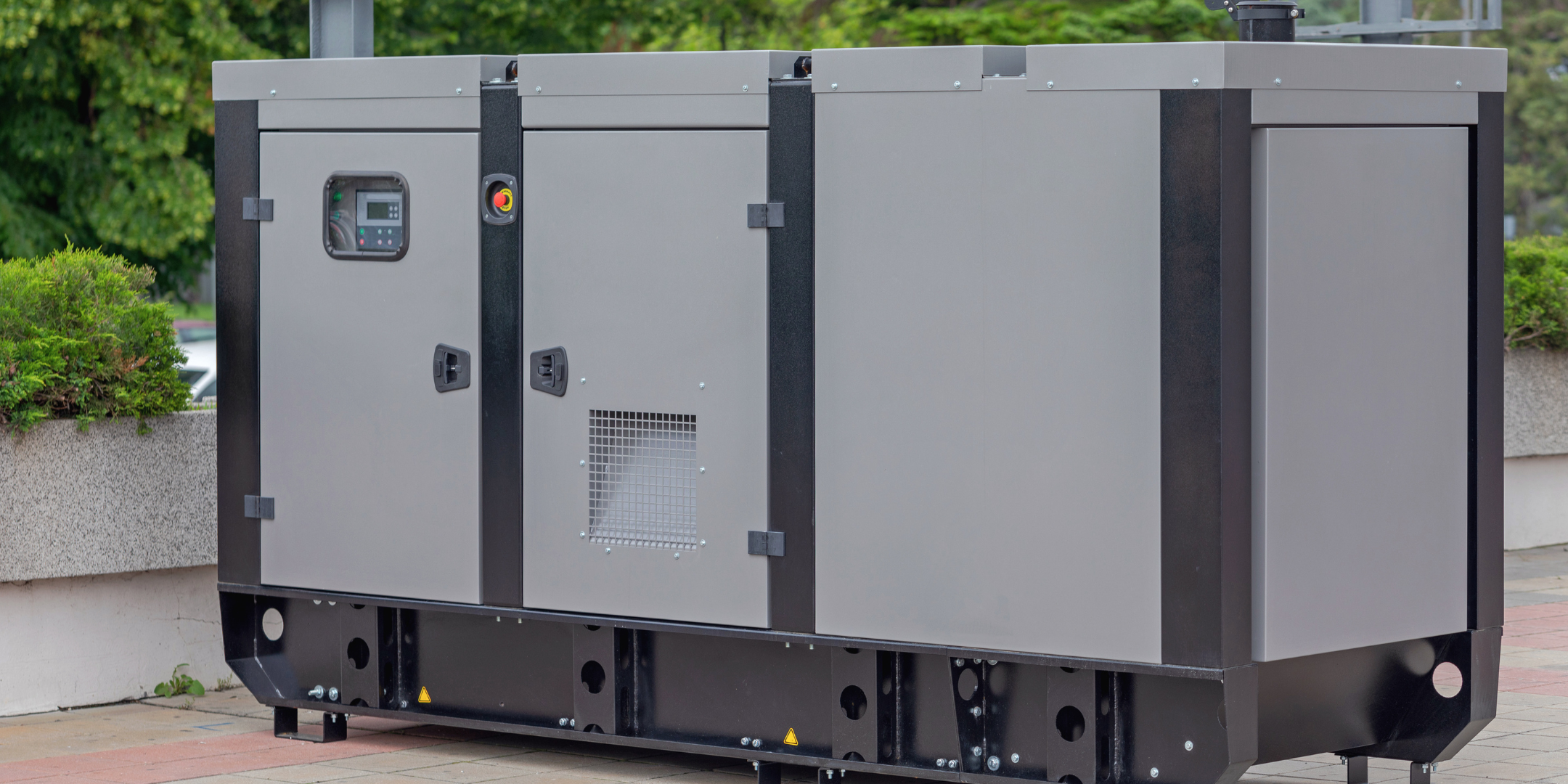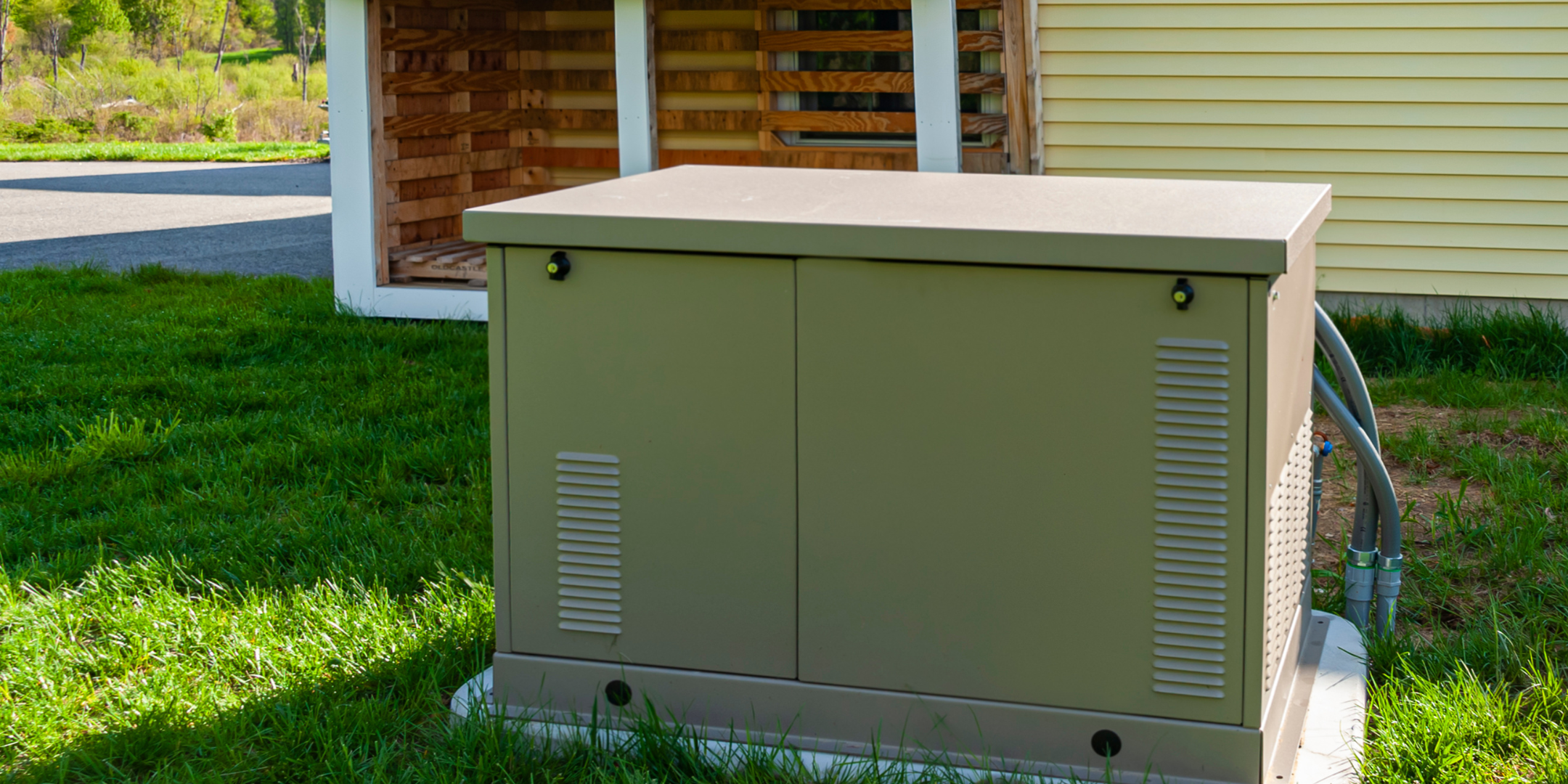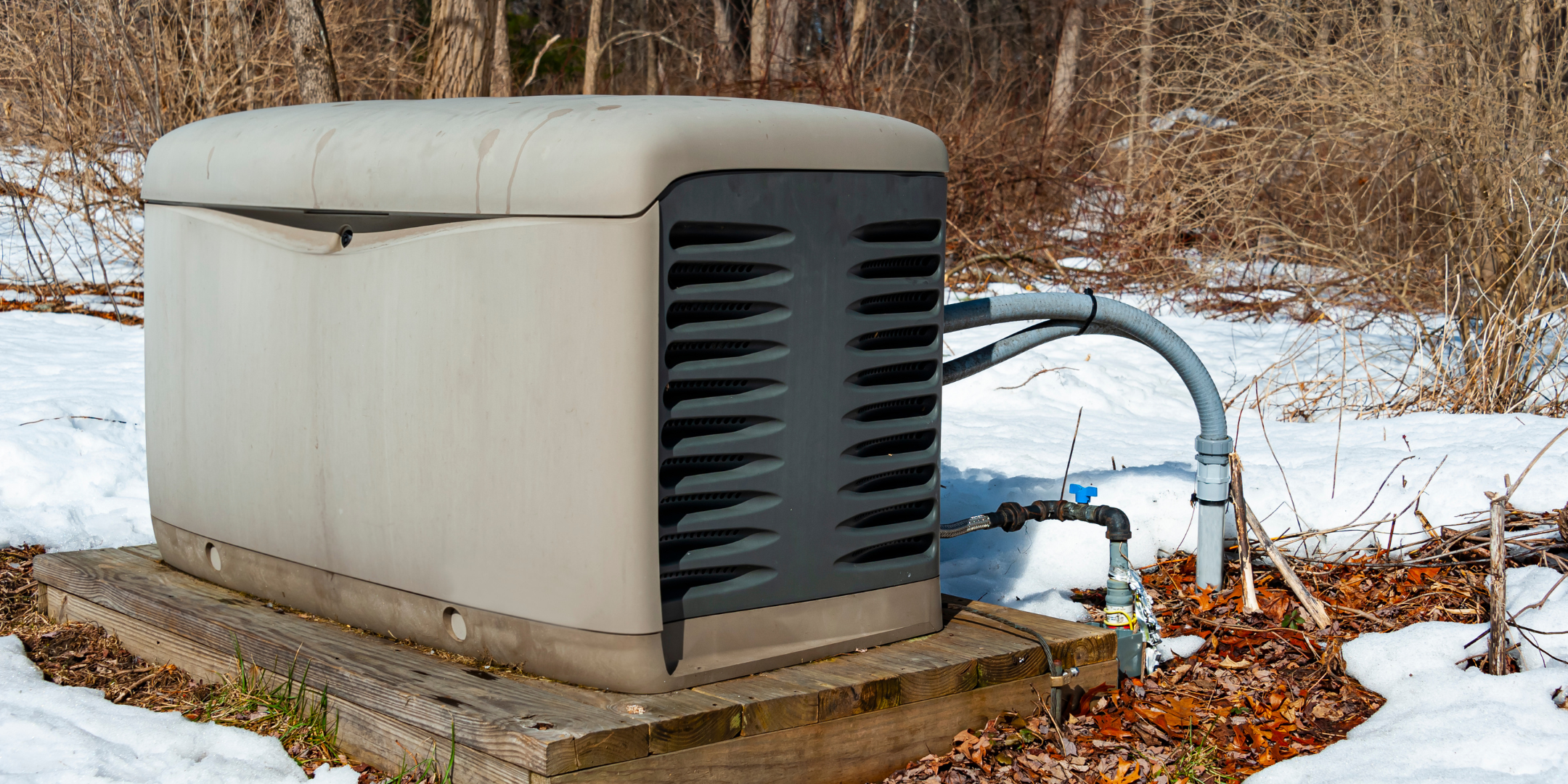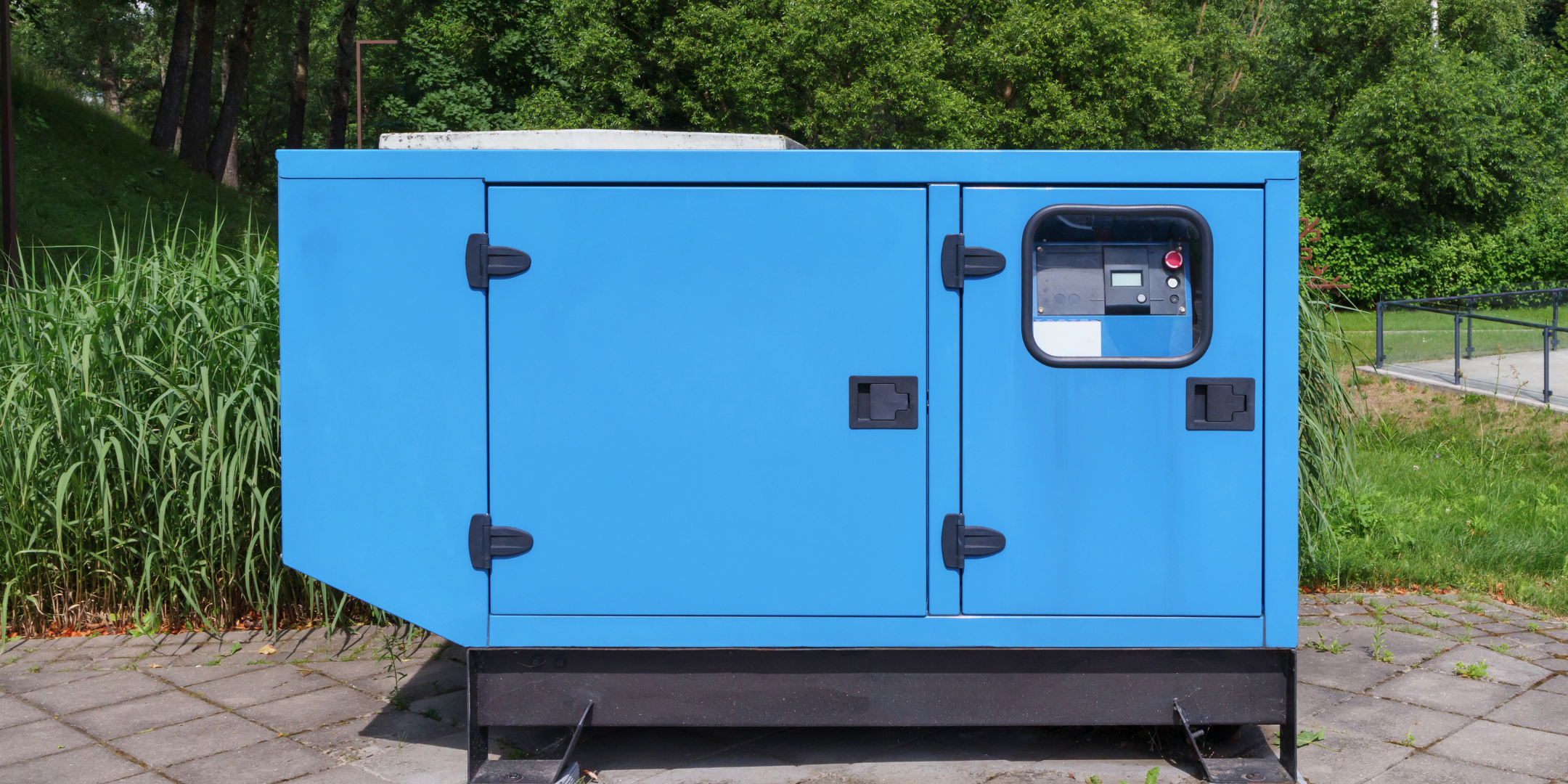Generators in the Gorge: Smart Protection for Summer Outages
July 25th, 2025
5 min read
By Daphne Hunt
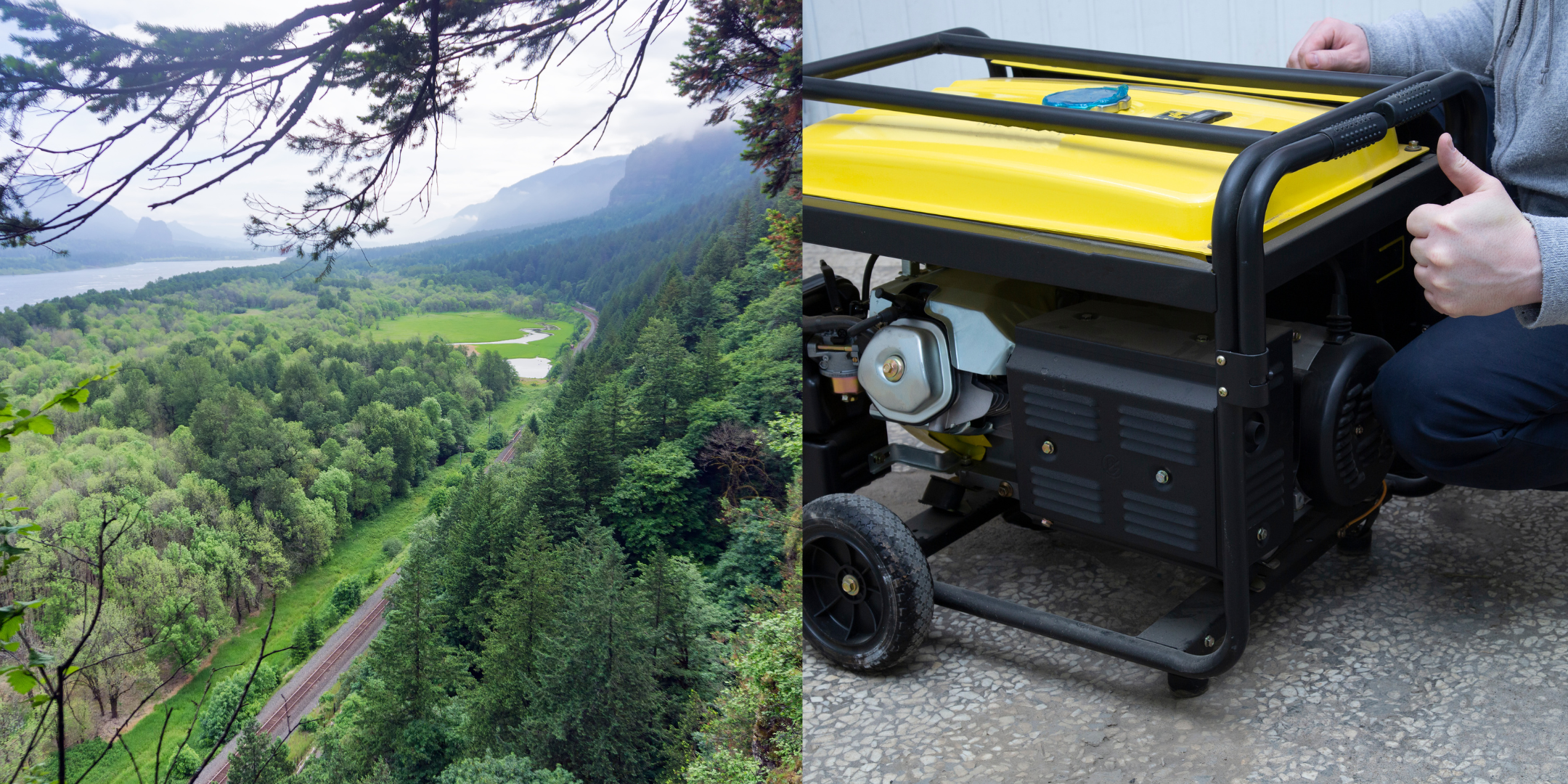
If you live in the Columbia River Gorge, chances are you’ve experienced at least one summer day when the power blipped out—and you were left blinking at your microwave clock, fanning yourself with a magazine, and wondering how long the fridge would hold out.
the power blipped out—and you were left blinking at your microwave clock, fanning yourself with a magazine, and wondering how long the fridge would hold out.
You might have chalked it up to the heat, wildfire season, or “just living in the Gorge.” And that’s fair. Our beautiful region comes with a few quirks, especially when it comes to the power grid.
With over 17 years of experience helping homeowners across the Gorge protect their comfort, health, and routines, we’ve seen just how much backup power can change the game.
By the end of this article, you’ll know exactly why generators are becoming a practical solution—not just for emergencies, but for everyday peace of mind. Whether you work from home, rely on well water, or just want to keep your freezer full of berries from going to waste, we’ll walk through what’s happening, what’s changing, and why backup power is no longer a fringe luxury.
The Gorge: Beautiful, Breezy, and Occasionally... Blacked Out
Living in the Columbia River Gorge comes with unbeatable perks: waterfall hikes before brunch, crisp mountain air, and views that look like a desktop background.
mountain air, and views that look like a desktop background.
But it also comes with a few realities we’ve all come to know (and not love), like:
- Power shutoffs during wildfire season—even when there’s not a flame in sight
- Transformer strain during triple-digit heat, right when your A/C needs to work hardest
- Longer wait times for repairs, especially if your home’s off a rural road with six other houses and a few cows
This isn’t worst-case-scenario thinking—it’s just the tradeoff for living in a place where your neighbor might be a bald eagle.
And lately, more families across the Gorge are realizing that when the power goes out, it’s not just inconvenient—it’s disruptive, stressful, and expensive.
Why More Homeowners Are Looking Into Generators
If the word “generator” makes you picture a clunky machine covered in cobwebs in your dad’s garage, you’re not alone. But things have changed.
Today’s backup systems are designed for homes with real routines, real responsibilities, and real schedules. Think school lunches, early morning meetings, teenagers who don’t handle heat well, and fridges that are always packed with something that can’t go bad.
1. You Work From Home—and Can’t Afford to Miss a Beat
Deadlines don’t pause when the lights go out. Neither does Zoom. If your internet drops mid-meeting, or your laptop battery runs out during a big presentation, you’re stuck.
A generator gives you control. It keeps the Wi-Fi on, the laptop charging, and your work-from-home rhythm intact. No scrambling for a hotspot. No explaining your way out of another “sorry, the power went out again” email.
2. Your Home Has a Well or Septic System
If the power goes out, so does your water. That means no dishes, no laundry, no toilet flushing. And when you’ve got a full house—or just wrapped up taco night—that’s a problem fast.
Generators keep your well pump or septic system running. That means your home keeps functioning—even if the power company doesn’t.
3. You Have Kids (or Teens) Who Don't Exactly "Go With the Flow"
Let’s be honest—kids notice everything. Especially when it’s hot, the lights are off, and their favorite show doesn’t work. A power outage can throw off bedtime, bath time, homework, and screen time in one fell swoop.
A generator gives you one less thing to juggle. You stay cool, connected, and calm—while your house keeps humming along in the background.
4. You Cook Real Food—and You’ve Got a Freezer to Prove It
If your fridge is full of marinated chicken, meal-prepped veggies, and that tray of enchiladas you were saving for Thursday… an extended outage can ruin more than dinner.
And that stocked freezer with bulk meat or farmer’s market finds? It won’t stay cold for long. A generator protects what you’ve spent time and money preparing—so nothing goes to waste when the power takes a break.
What Can a Generator Actually Power?
One of the most common questions we get is: “Can a generator run my whole house?” The short answer? It depends—especially on what you’re trying to power and whether you're talking about a portable or standby system.
It depends—especially on what you’re trying to power and whether you're talking about a portable or standby system.
Every appliance has a running wattage (how much energy it takes to keep going) and a starting wattage (the short burst it needs to turn on). And those start-up surges can really add up—especially for things like A/C units and refrigerators.
This table gives you a realistic look at what common household items require—and which type of generator is best suited to handle them without overload or stress. Keep in mind: trying to run too much on too little is one of the fastest ways to wear out your system.
| Appliance | Average Wattage | Portable Generator | Standby Generator |
|---|---|---|---|
| Refrigerator/Freezer | 600–800 W | ✅ Good fit | ✅ Excellent fit |
| Wi-Fi Router | 50–100 W | ✅ Yes | ✅ Yes |
| Lights (Whole Home) | 500–1,000 W | ⚠️ Limited | ✅ Yes |
| Microwave/Oven | 1,000–5,000 W | ❌ Not recommended | ✅ Yes |
| Central Air Conditioning (3-ton) | 3,000–5,000+ W | ❌ Not possible | ✅ Yes |
| Medical Devices (CPAP, etc.) | 60–400 W | ✅ Yes | ✅ Yes |
| Washing Machine & Dryer | 1,500–6,000 W | ❌ Not possible | ✅ Yes |
3 Reasons Backup Power Is a Smart (and Sanity-Saving) Move
When the power goes out, it’s not the silence that’s stressful. It’s the pile-up that follows. Dishes in a cold dishwasher, a half-finished load of laundry, the fridge clicking off just after you stocked it with leftovers and groceries. Suddenly, the to-do list grows and your patience shrinks.
Backup power isn’t about being overly cautious—it’s about protecting the rhythm of your everyday life. Here’s why more households across the Gorge are choosing to stay ahead of the outage, without making it a whole production.
1. It’s About Rhythm, Not Emergencies
You’re not prepping for a zombie apocalypse—you’re protecting the rhythm of your life. That means morning coffee, a working stove, the laundry that’s already halfway done, and being able to flush a toilet.
morning coffee, a working stove, the laundry that’s already halfway done, and being able to flush a toilet.
Generators keep your day from falling apart over something you can’t control.
2. Today’s Systems Don’t Need a Manual
Modern standby generators don’t require dragging anything out of the garage or finding the “right” extension cord. They turn on automatically. They run quietly. And they don’t need you to stand in the rain with a flashlight and a gas can.
You don’t have to be “handy” to have backup power—you just have to want life to keep going smoothly.
3. You Don’t Have to Power Everything—Just the Essentials
You don’t have to go all-in. Some women we work with choose to power the fridge, Wi-Fi, and a few outlets. Others want full-home coverage, including air conditioning and laundry. It’s not one-size-fits-all—it’s what works for you.
What Backup Power Looks Like for Gorge Homeowners
When you started reading, you might’ve been feeling uncertain—maybe even overwhelmed—about whether backup power was something you really needed. It’s easy to assume generators are only for extreme cases or off-grid living. But now you know that outages in the Gorge are becoming more common, and the cost of doing nothing adds up fast.
backup power was something you really needed. It’s easy to assume generators are only for extreme cases or off-grid living. But now you know that outages in the Gorge are becoming more common, and the cost of doing nothing adds up fast.
The good news? You don’t need to go all-in to make a smart choice. Whether you want to power your fridge and Wi-Fi or keep the whole house running, there’s a generator solution that fits your home, your lifestyle, and your budget.
With over 17 years of experience helping local homeowners through heatwaves, wildfire shutoffs, and everything in between, we’ve seen how the right system brings more than just power—it brings peace of mind. We’re here to help you understand your options, answer your questions, and guide you toward a solution that actually works for you.
Next up: Portable or Standby? How to Choose the Right Generator for Your Home.
It breaks down the pros and cons of each system, so you can make your decision with clarity—not guesswork.
Daphne Hunt holds a bachelor's degree in English and Mass Communication and has a lifelong passion for writing. She thrives on using her skills to craft compelling pieces that inform, inspire, and connect with readers.
Topics:










